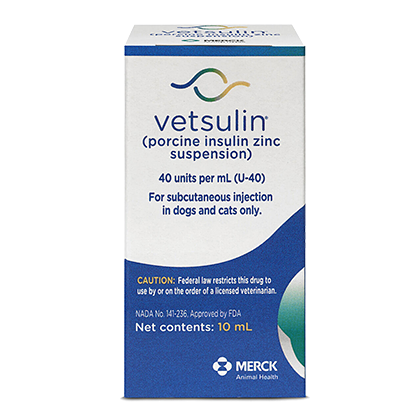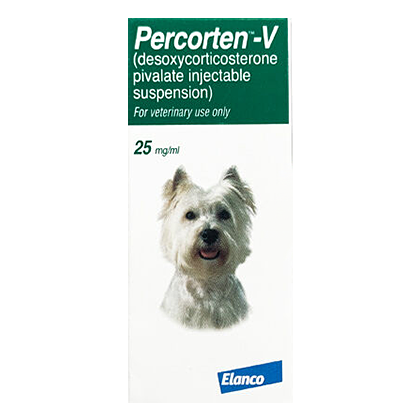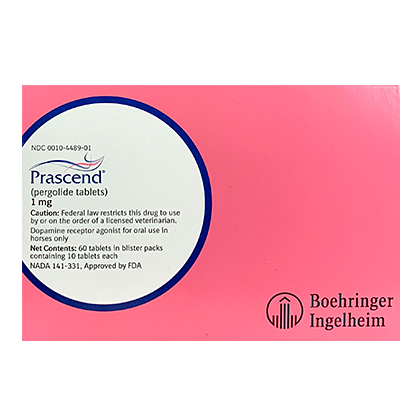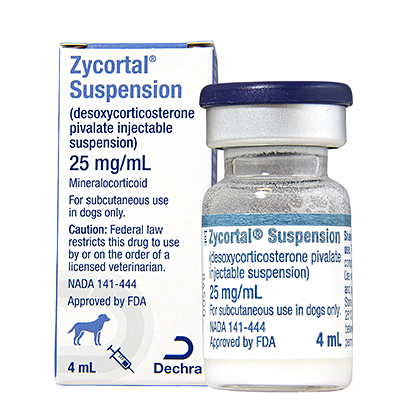Hormonal Health in Pets
Learn About Endocrine and Hormonal Health in Dogs and Cats
Hormones are chemicals that regulate all of body's functions from digestion, blood pressure, and immunity to emotions and sleep.
When your pet's endocrine system is working correctly, hormone secreting organs including the thyroid, pancreas, adrenal glands, pituitary gland, and hypothalamus send out hormones as chemical “messengers” through the bloodstream to different parts of the body.
Diseases that affect the endocrine system affect the body's ability to produce hormones, or may affect the way bodily systems respond to them.
For example, diabetes is common in dogs and cats. Dogs tend to get type 1 diabetes, in which the immune system attacks the pancreas and prevents it from producing insulin. Insulin is a hormone that helps the body's cells convert blood sugar into fuel.
Cats are more likely to get type 2 diabetes, in which insulin is still being produced, but the cells have higher insulin resistance, so they're unable to use it efficiently.
Diseases of the thyroid are also common in pets. The thyroid gland, located at the base of the throat, produces thyroid hormones that control metabolism.
Dogs commonly get hypothyroidism, in which the body does not produce enough thyroid hormones due to an underactive thyroid gland. It usually manifests as weight gain, a dull coat, and low energy.
Cats are more likely to suffer from hyperthyroidism, in which the body produces too much thyroid hormones. It causes weight loss despite a ravenous appetite, a rapid heart rate, vomiting and diarrhea.
Adrenal conditions, which are common in dogs and rare in cats, are marked by abnormal levels of the stress hormone cortisol, which is produced in the adrenal glands, located above each kidney. Addison's disease describes inactive adrenal glands, which can cause excessive hunger, thirst, diarrhea, and weight loss.
Cushing's syndrome occurs when the adrenal glands produce too much cortisol, resulting in weight gain, lethargy, and skin issues. It's usually caused by a benign tumor in the pituitary gland, which sends out ACTH hormones that trigger cortisol production.
Why Protect Your Pet's Hormonal and Endocrine Health
Your pet's endocrine system and hormones affect every part of their body. That could be why it's so common for non-specific symptoms to be chalked up as normal signs of aging or as symptoms of other health conditions.
Hormonal and endocrine health issues in dogs and cats are extremely common, especially as pets get older. Pets can be at greater risk due to genetic factors, as well as lifestyle factors like obesity, lack of exercise, long-term use of steroid medications, environmental toxins, poor diet, and tumors.
While endocrine conditions are not always preventable, they usually respond well to treatment. Pets with hormonal issues often live long, healthy lives when diagnosed early and managed with the help of their veterinarian.
Protect your pet's hormonal and endocrine health to help:
- Protect immune system health
- Maintain a healthy weight
- Protect heart health
- Support energy levels and mental and emotional health
A complete blood count (CBC) from your veterinarian detects abnormal hormone levels that could point to an endocrine issue. Pets should have a CBC at their annual wellness visit, before surgical procedures, and anytime they're feeling generally unwell with unexplained symptoms.
If your pet is diagnosed with an endocrine or hormonal issue, follow your veterinarian's guidance when it comes to administering medication as well as recommended lifestyle changes like weight loss or a healthier diet.
In some cases, for example, in cats with mild feline diabetes, remission and recovery is possible. Long-term management and ongoing support can allow your pet to have a happy, healthy life even if a cure is not possible.
Protect & Treat Hormonal and Endocrine Health in Pets
PetMeds® carries specialty, therapeutic and prescription dog and cat foods, prescription medications, supplements, and more to keep your pet happy and healthy.
Shop now to get everything your pet needs delivered to your doorstep.
Never Miss A Dose With PetMeds® AutoShip
Save 35% OFF your first AutoShip order | Use code SAVE35 in cartFrequently Asked Questions about Hormonal and Endocrine Health for Pets
Changes in energy levels, temperament, and mood can also be due to a hormonal issue. Make an appointment with your veterinarian as soon as possible if you notice any unexplained changes in your pet.
Still have questions? Learn more with our free Pet Health Advice resource center or talk to your veterinarian about your pet's hormonal and endocrine health.











































